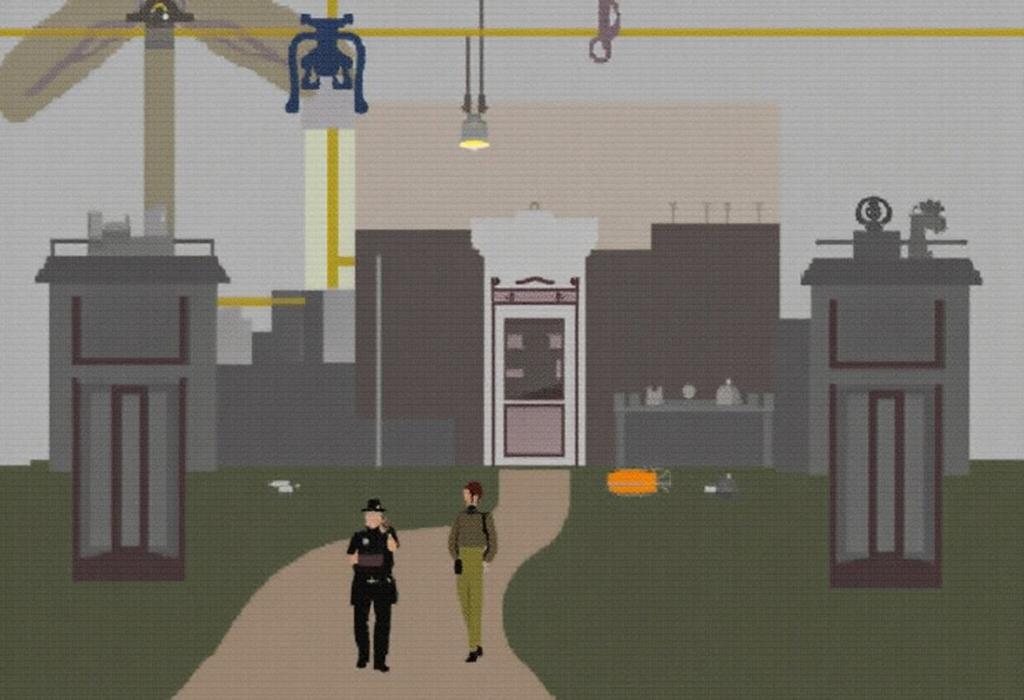The U.S. Supreme Court is hearing a critical case that addresses the legal recourse available to victims of erroneous home invasions conducted by federal law enforcement. Dubbed 'wrong-house raids,' these incidents occur when law enforcement mistakenly storms into the wrong residence, often using overwhelming force, which can leave lasting psychological and physical repercussions for innocent occupants.
In October 2017, Trina Martin, her young son Gabe, and her partner Toi Cliatt experienced such a trauma when FBI and SWAT agents forcibly entered their Atlanta home while pursuing an alleged suspect living next door. The agents utilized a grenade to breach the front door and, despite their initial intentions to apprehend a criminal, left the family in a state of fear as they separated and handcuffed them.
After realizing they attacked the wrong house, law enforcement returned later to offer a casual apology—but for Martin and her family, this invasive act holds deeper implications beyond just a physical violation of their home. They have since filed a lawsuit against the FBI, seeking accountability for the emotional and psychological distress caused by the raid.
At the heart of this case is the interpretation of the Federal Tort Claims Act, which generally protects the federal government from being sued unless specific circumstances apply. The Supreme Court's ruling will determine whether victims can seek redress for these injuries and whether the actions of federal agents—who made a critical error despite being directed to the correct address—should fall under the umbrella of governmental accountability.
Martin’s assertion that the issue is not just about their individual trauma but rather about a broader principle of accountability for law enforcement practices strongly resonates with advocates pushing for reform in policing. As she articulated her hope for justice, she emphasized a collective fight for those who have suffered similar injustices.
The government, however, contends that allowing lawsuits against law enforcement for mistakes could hinder their operations and impose liabilities that potentially affect law enforcement efficacy. This tension reflects a longstanding debate about police accountability versus operational autonomy—a conversation further complicated by a Supreme Court that historically leans conservative and has been hesitant to impose accountability on federal agents.
This case could have significant ramifications for victims of law enforcement errors nationwide, particularly in how victims can seek justice in the face of governmental immunity. A decision is expected by summer, and its outcome could chart a new course for the balance between protecting citizens' rights and allowing law enforcement to operate without fear of constant litigation.
As the Court deliberates, many, including civil rights advocates and everyday citizens, will be watching closely, hoping for a future where accountability and justice are paramount, particularly within the realm of policing practices.
AD
AD
AD
AD
Bias Analysis
Bias Score:
60/100
Neutral
Biased
This news has been analyzed from 20 different sources.
Bias Assessment: The article presents a passionate narrative from the victim's perspective while outlining the government's legal position. However, it leans slightly towards the plaintiffs' viewpoint, emphasizing the emotional toll and the need for accountability, which may introduce a bias in favor of those challenging law enforcement practices.
Key Questions About This Article




